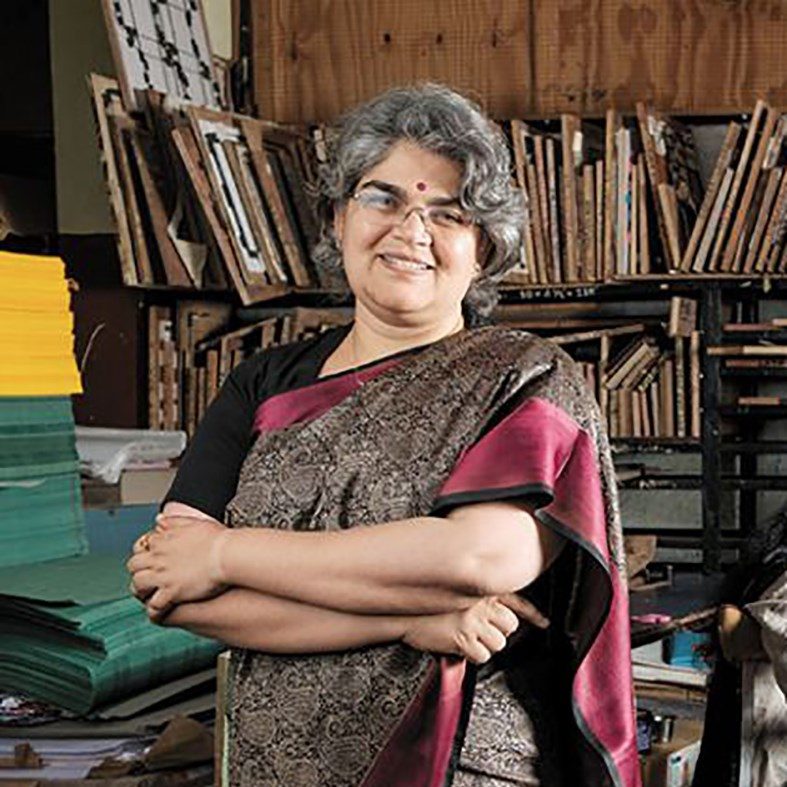With a 4-month-old baby in her arms, she went back to transforming a village as part of her PhD program in developmental studies. Neither her vulnerable health status nor the day-to-day practical aspects of living a rural life could faze her.

“Villagers have laughed at my attempts to draw water from the hand pump. They would gossip loud that I had no survival skills and that probably my husband had abandoned me,” reminisces V. Gayathri, CEO, LabourNet, with a smile.
Born in 1971 to an IAS officer father and a stay-at-home sociologist mother in Bangalore, Ms. Gayathri graduated in Economics from Delhi University in 1992. During her graduation, she set up a non-formal school inside the campus with the management’s permission for the neighbourhood and refugee children inside the campus. A post-graduate in social work from Nirmala Niketan, Mumbai, Ms. Gayathri saw Mumbai riots and the massive earthquake in Latur from close quarters.
She openly admits to having barely attended college, “I was completely involved in the rehabilitation work. I have always been pulled towards misery around me. I didn’t enjoy education in the academic setting.”
Her calling in life – developmental work for the community – saw her spending a year in Bihar, three years in a Coorgi village and working with the ILO for eight years. She shares: “I got married when I was still in college. In fact, I left for college in Mumbai the day after I was married,” she laughs and continues, “After my PhD in 1998, I joined an organization to train women on how to be good Panchayat members. Interestingly, the husbands of these women would come along with them and sleep outside the classroom,” she says with a smile on her face.
It was in 2007 that LabourNet was born but not without its share of troubles. “I lost my investment once in 2009 and then in 2014. My parents mortgaged their house and supported me. Building the business has been challenging because many think that this business model will not work. The reason is that unskilled workers like contract labourers or painting contractors are not seen as important stakeholders in the society. This chain of thought can block those who can trigger a positive change for them in the society. Another challenge is that when clients look at me they think ‘social’, not ‘business’.”
She recounts a contractor meeting where all waited for her to leave as they wanted to have a drink, “But I was oblivious and continued talking till someone told me loudly. My biggest challenge remains – getting any and everyone to think that I run this business, especially some corporates who need a drastic change of mindset. Today they just meet the mandatory 33 per cent of including women in their workforce. And that too not necessarily in supervisory or leading roles.”
Given a free rein, Ms. Gayathri would work towards changing the societal view towards vocation because today, according to her, vocation means poor salaries. “Do you know that a painter contractor or a plumber too earns a minimum of Rs. 30-40,000 which is equivalent to an analyst’s salary working at a reputed MNC?”, she asks.
What she finds wearisome is when the companies – including some automotive ones – she deals with ask her ‘do you have a hard fist?’
“They ask how do you deal with workers, you must be having males in your team. I tell them that half of our programs are for men and I deal with them. There are others who assume that either LabourNet is family-owned or my husband must be involved too.”
What works for Ms. Gayathri and, in turn, her customers is her belief that even the most unskilled worker too is a crucial link in the society for the moment the community as a whole acknowledges them, an all round development will follow automatically.